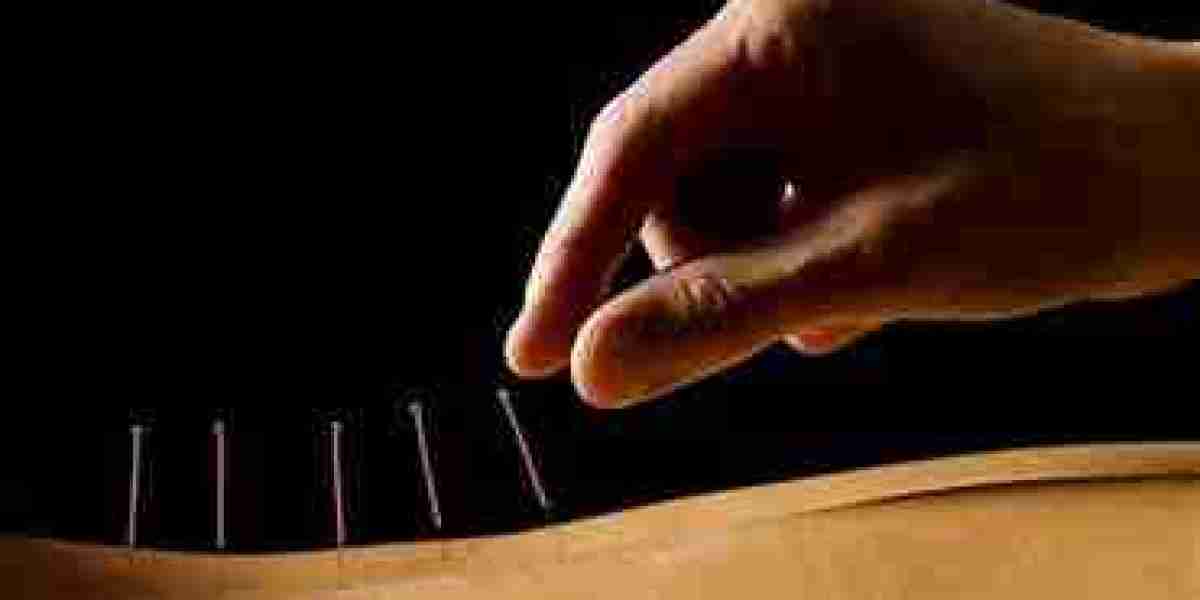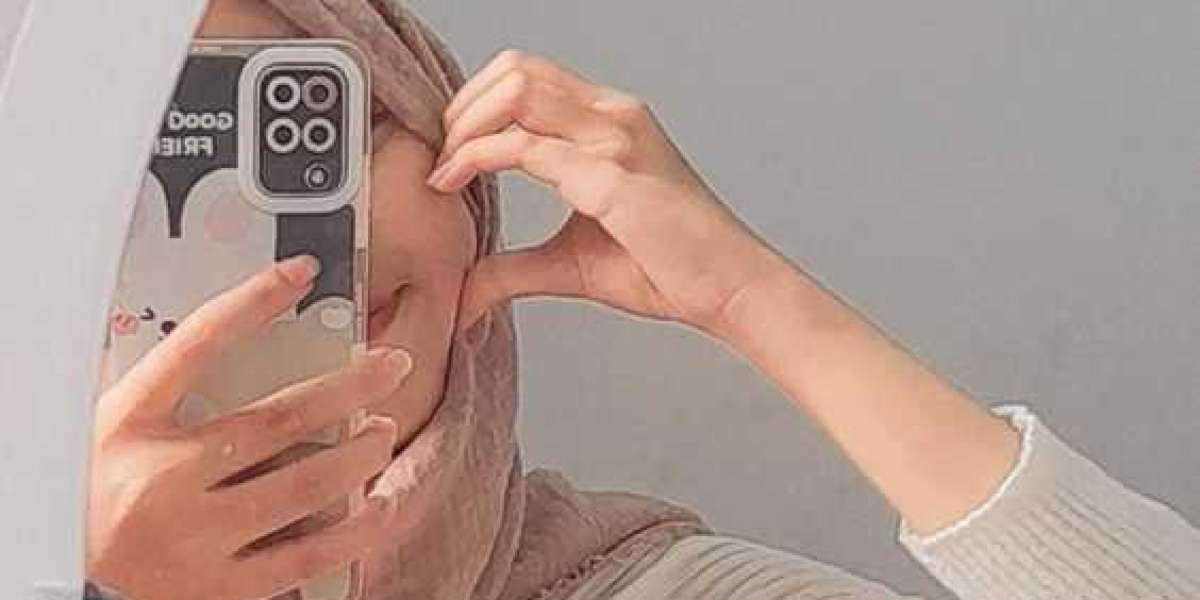For many couples, the journey to parenthood can be filled with unexpected obstacles. While modern medicine offers incredible advancements, many are turning to traditional therapies like acupuncture for fertility to complement conventional treatments or even as a first step in their fertility journey.
But how effective is acupuncture in improving fertility? Is there real scientific backing? And what should you expect if you try it?
In this comprehensive article, we'll dive deep into how acupuncture works for fertility, review current research, hear from real-life experiences, and explore how you can incorporate this ancient technique into your fertility plan.
What is Acupuncture and How Does It Work?
Acupuncture is a key component of Traditional Chinese Medicine (TCM) that involves inserting very fine, sterile needles into specific points on the body known as meridians. These points are believed to regulate the flow of qi (vital energy), helping restore balance and health.
From a Western medical perspective, acupuncture is thought to:
Stimulate blood flow
Influence the nervous system
Trigger the release of endorphins
Affect hormonal balance
Reduce stress and inflammation
This makes acupuncture a promising adjunctive therapy for those facing fertility challenges.
How Acupuncture Can Support Fertility
1. Regulation of Menstrual Cycles
Irregular menstrual cycles are often a red flag for underlying hormonal imbalances or ovulatory disorders. Acupuncture helps regulate periods by influencing the hypothalamic-pituitary-ovarian (HPO) axis, which controls hormone production.
2. Improved Ovarian Function and Egg Quality
Studies suggest that acupuncture can enhance ovarian blood flow, which in turn improves egg maturation and quality. Better egg quality increases the chances of natural conception or successful IVF cycles.
3. Hormonal Balance
Acupuncture has been shown to positively affect levels of luteinizing hormone (LH), follicle-stimulating hormone (FSH), estrogen, and progesterone — all essential players in a healthy reproductive system.
4. Reduction of Stress and Anxiety
Trying to conceive can be emotionally taxing. Elevated stress levels may inhibit ovulation and lower the chances of pregnancy. Acupuncture stimulates the parasympathetic nervous system, promoting relaxation and mental well-being.
Real Data: A 2021 study published in Fertility and Sterility found that women undergoing acupuncture reported a decrease in anxiety levels and a higher quality of life during fertility treatment compared to a control group.
5. Enhancement of Uterine Lining and Embryo Implantation
Research indicates that acupuncture may increase blood flow to the uterus, improving the thickness and quality of the endometrial lining — key factors for successful implantation.
Acupuncture and IVF: A Winning Combination?
For those undergoing In Vitro Fertilization (IVF), acupuncture is often used before and after embryo transfer. Some clinics even offer on-site acupuncture services for this purpose.
Research Spotlight: A landmark meta-analysis from the British Medical Journal (BMJ, 2008) reviewed 1,366 women undergoing IVF and found that acupuncture increased the success rate of IVF by 65% when performed on the day of embryo transfer.
Other studies echo similar findings, though some results remain mixed due to differences in study design. Nonetheless, many reproductive endocrinologists now recommend acupuncture as a complementary therapy for IVF.
Acupuncture for Male Fertility
Fertility isn’t just a women’s issue. Acupuncture can help men too by:
Improving sperm count and motility
Reducing sperm DNA fragmentation
Balancing testosterone levels
Reducing stress-related sexual dysfunction
Real Data: A study in Fertility and Sterility (2005) showed that men who received acupuncture twice a week for five weeks had significantly improved sperm motility and morphology compared to those who did not.
When to Start Acupuncture for Fertility
Most experts recommend starting acupuncture for fertility at least 3–6 months before trying to conceive or beginning fertility treatments. This gives your body enough time to respond to the therapy, regulate cycles, and optimize reproductive health.
For IVF patients, weekly sessions are often recommended leading up to retrieval and transfer, with additional sessions immediately before and after embryo transfer.
What to Expect in a Session
A typical fertility acupuncture session includes:
Initial Consultation: Discussion of menstrual history, medical background, stress levels, and fertility goals.
Treatment Plan: Weekly or bi-weekly sessions customized to your cycle phase.
The Procedure: Needle insertion is virtually painless. Sessions last around 30–60 minutes.
Follow-Up: Adjustments are made based on how your body responds over time.
Side Effects and Safety
Acupuncture is generally considered safe when performed by a certified practitioner. Side effects are rare but can include minor bruising or soreness at needle sites.
Important: Always choose a licensed acupuncturist with experience in reproductive health. Look for certifications from organizations like the National Certification Commission for Acupuncture and Oriental Medicine (NCCAOM) or ABORM (American Board of Oriental Reproductive Medicine).
Who Should Consider Acupuncture for Fertility?
Women with PCOS, endometriosis, or irregular cycles
Couples dealing with unexplained infertility
Men with low sperm quality or count
Individuals experiencing high stress levels
Those using Assisted Reproductive Technologies (ART) like IUI or IVF
Cost
Prices vary based on region and provider experience. Typically:
Initial consultation: $100–$200
Follow-up sessions: $75–$150 each
Some insurance plans cover acupuncture for fertility if prescribed by a physician. Check with your provider to confirm coverage.
FAQs
1. How soon after starting acupuncture can I expect results?
While some notice improvements within a few sessions, most practitioners recommend 3–6 months of consistent treatment for best outcomes.
2. Is acupuncture safe during pregnancy?
Yes, but it's crucial to inform your acupuncturist, as some points are contraindicated during pregnancy.
3. Can I combine acupuncture with medications like Clomid or letrozole?
Absolutely. Acupuncture can complement pharmaceutical treatments and may help reduce side effects.
4. Are there any risks of miscarriage with acupuncture?
When performed correctly by a trained professional, acupuncture does not increase the risk of miscarriage. In fact, it may support a healthier pregnancy.
5. Does acupuncture help with male fertility too?
Yes. Acupuncture has been shown to improve sperm parameters and reproductive hormone levels in men.
Final Thoughts:
If you're navigating fertility challenges, acupuncture for fertility offers a natural, low-risk, and evidence-supported way to boost your reproductive health. Whether you're trying naturally or using fertility treatments like IVF or IUI, acupuncture may enhance your chances of conception, reduce stress, and improve overall well-being.
As with any health decision, it’s best to consult both your reproductive endocrinologist and a certified fertility acupuncturist to develop a personalized treatment plan.








